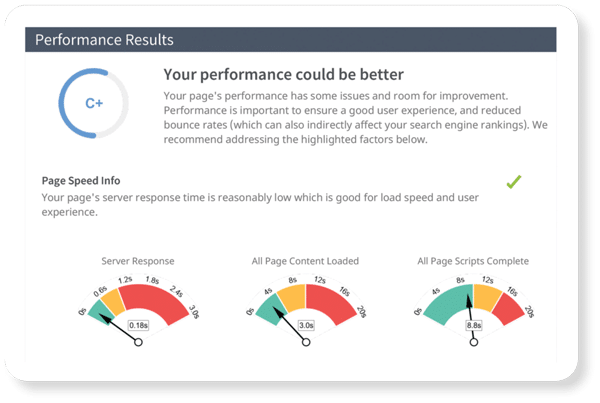
Social Media for Healthcare: Mistakes You Should Avoid
Social media is an excellent way for healthcare practitioners, like you, to promote specialty services, establish rapport with patients and communicate outside of your regular office hours.
Before you dive into the world of social media, you should understand the type of environment you’re entering and how to communicate within that environment. Online faux pas are unforgiving.
By learning the basics of social media for healthcare, you can save your medical practice (and you) both time and money.
 1. Creating too many accounts on social media for healthcare
1. Creating too many accounts on social media for healthcare
When you begin to create social media accounts for your healthcare practice, you may be tempted to create an account on every single social media site that you can find. STOP WHILE YOU’RE AHEAD.
Maybe you heard, or read somewhere, that the more accounts you have, the more potential patients you will be able to reach. We’re here to tell you, this is not the case.
The more accounts you create, the more time you must devote to managing them; it will stretch you thin and quickly burn you out. Social media for healthcare doesn’t have to be so complicated.
Instead, focus your social media attention on the platforms that matter most and post on platforms where the majority of your patients spend time:
- Google+ and other local listings (like Yelp or ZocDoc)
With a handful of very targeted social media sites, you can properly manage your accounts and update them with new content on a regular basis.
2. Making Every Post a Marketing Post
Just because social media accounts can be used as an “all-about-me” soapbox, doesn’t mean they should be. Social media for healthcare, or any other industry using social media, should contribute highly valuable information to prospective audiences. Always.
Self-serving accounts rarely get followed back. The biggest mistake you can make as a social media manager is to post solely for promotional purposes.
This type of behavior will get on your followers nerves and they will unfollow you – without hesitation.
The rule of thumb regarding social media and marketing is to keep your promotional posts to about 20%. The other 80% of your posts should deal with interesting anecdotes, popular headline stories, healthcare-related topics, etc.
3. Not Using your Social Media Platform Enough
You’re busy, and updating your social media should not be an added anxiety. Nor should it be ignored.
Failing to regularly update your account could cost you patients. More and more people have turned to social media for information about physicians.
If your accounts are inactive, they won’t even consider you as an option. Healthcare marketing experts suggest posting as much as 10 times each day to your Twitter account. Facebook should be updated two or three times a week, and your blog should receive a new post at least three times a month.
4. Failing to Interact
The most important word to remember in social media for healthcare is “social.”
In order to generate the desired results (new patients), you must interact with the people who respond to your posts. Thank them for liking your post. Respond to their comments. Answer their questions.
Not only does this interaction help potential customers feel more comfortable with the idea of turning to you for their healthcare needs, but it also establishes you as an expert in your field.
5. Arguing
Your online reputation matters as much as your real-life, professional reputation. It’s important to remember that everything you post online represents you as a professional healthcare provider.
Even though you may feel provoked at times, you should always strive to be businesslike and remove yourself from petty arguments.
Don’t Stress.
Social media for healthcare shouldn’t be overwhelming or stressful. Let us help you set up, strategize and maintain social media accounts for your practice. Contact us to learn more about how we can work together.

